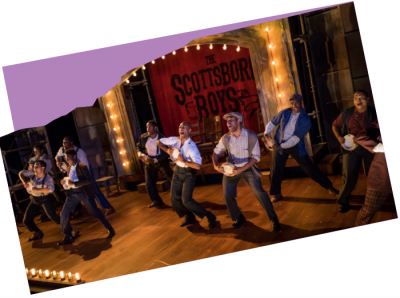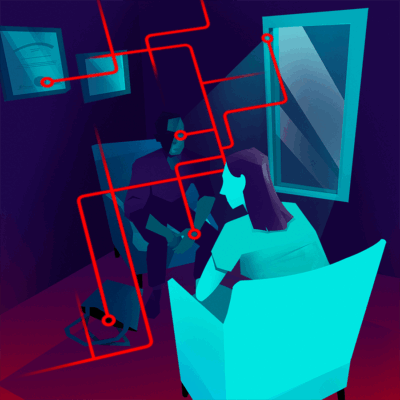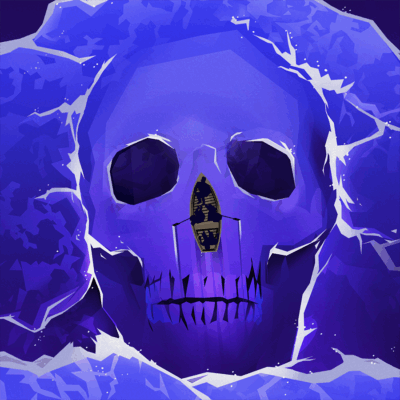Your donation sets the stage for a new season of Boston's most intimate, entertaining and provocative plays and musicals. Our shows make powerful connections with our audiences-- and they are only possible because of you.
BAD JEWS Playwright Joshua Harmon
BAD JEWS Playwright Joshua Harmon
After premiering at the Roundabout Theatre Company in New York in 2013, Joshua Harmon’s play BAD JEWS has been slated to be produced at more than 15 theatres around the world this season, and ranks as one of the top 10 most-produced plays in America (as counted by American Theatre magazine). Its success marks a big shift for a playwright who previously had never had a play run for more than three performances, and has kept Harmon very busy (especially as he finishes up his third year of the esteemed Juilliard Playwrights Program). In a recent e-mail exchange, SpeakEasy Artistic Associate Walt McGough asked Harmon about the origins of BAD JEWS, its ideas of remembrance and memorial, and whether it’s objectively possible to be a “bad” member of any culture.
What was the genesis of Bad Jews?
This question always trips me up, because I don’t think that most writing comes from a rational place. It would be a lie if I said something like, “I woke up on July 3rd and decided to write a play about x.” Writing just doesn’t work that way, at least, not for me. This play, like all my plays, contains so many different pieces of my life, moments and experiences and thoughts I’ve had since I was a kid. So it’s really impossible to say where something came from.
That said, I think a seed for this play was planted in college when I attended a Yom Hashoah service. I’d been to many such services in my childhood, and at each one, a survivor would speak about her experiences, which was always powerful. But at this particular service, the theme was “Grandchildren of Survivors.” Instead of hearing from someone older, speaking English with a thick foreign accent, my peers got up and spoke about their grandparents’ experiences. I found the event strangely unmoving. It forced me to reckon with questions about how my generation would remember the Holocaust, and whether or not we’re prepared to handle that responsibility. It probably laid the groundwork for this play.
Do you feel there is a way that we as a culture can best remember important historical events like the Holocaust?
The mantra of all Holocaust memorials is “Never forget.” Embedded in that notion is the very real understanding that almost everything that happens on this planet is ultimately forgotten. That’s what we’re up against. Consider the Passover Seder. It is meant to commemorate a time when Jews were enslaved in Egypt. SLAVES. And how do we remember that? We conduct a ceremony over dinner. We dip parsley into salt water so we can taste the tears that they cried in Egypt. We eat bitter herbs to taste the bitterness they endured. The pain, agony, anguish, torment, and misery of slavery is reduced to a piece of horseradish. And that’s actually one of the more successful methods of remembrance that we have. So I would imagine as we move away from survivors giving first-hand accounts of the Holocaust into third-person accounts, the way we remember the Holocaust will change drastically. But already, in general, it seems fewer young people know about what happened than preceding generations, and what they do know is less detailed. That’s probably inevitable, but it’s very painful nonetheless.
So much of Bad Jews hinges on the specificity of the characters. How did you arrive at such clearly defined individuals?
For me, plays are first and foremost about people, so I almost always start with character. I started jotting down thoughts about these characters in a notebook in 2005, and then I left that notebook alone for six years. I’d skim through it over the years, but I didn’t do any actual writing. But I imagine the fact that they sort of existed six years before I wrote a draft of the play means they had lots of time to live in my subconscious. Here’s one example: I was riding the subway in 2006, and all of a sudden, for no reason at all, I was like, “Oh my god! Melody sings Summertime.” I wasn’t actively writing the play, I wasn’t even thinking about it. But I guess my subconscious was doing whatever a subconscious is meant to do. And I guess she made an appearance and let me know something about her and I made a note of it. And now all these years later, she’s still singing. So when I say writing is not a rational act, that’s exactly what I mean.
This play is such a pressure cooker, an uninterrupted debate that keeps on building intensity to the very end. Was it a challenge to craft something so theatrical in real-time?
It was hugely challenging. I’ve never done it before and have a hard time imagining I’ll attempt it again anytime soon. There was a period when I thought the play would transpire over a weekend, but just before I started to write it, I befriended Molly Smith Metzler, a great playwright and person. She’d just written this amazing play called ELEMENO PEA which takes place in one scene in one room, and she encouraged me to try it. It’s daunting to try and imagine how an entire story can be told in one scene in one room, and to let the audience feel like they’ve really gone on a journey, without any tricks or magic or scene changes. Just come sit in this living room and watch what happens. That sounds unbearably boring to me, which is why it’s such a challenge to try to find the ecstasy in that situation.
This play is obviously specific to the Jewish experience, but the conflicts resonate with any number of other communities. To your mind, is there something that makes someone a “bad” member of a family or cultural group?
I can’t really answer that question. All people are born with some cultural/ethnic/religious/national inheritance. What they choose to do with that inheritance is up to them. If everyone in a family shares the same point of view on a legacy, there’s no conflict. But more often than not, what happens is that different members of a family feel differently about their shared legacy, which makes for a lot of painful interactions. If something I value deeply is something you consider worthless, that’s painful. If something you cherish is something I find offensive, that’s painful. The “bad” member is all in the eye of the beholder.
—Walt McGough
 Past Productions
Past Productions JOB
JOB The Antiquities
The Antiquities Swept Away
Swept Away




